-
 Danhai Chemicals Paper-making Grade Talcum Powder 325 Mesh B
Danhai Chemicals Paper-making Grade Talcum Powder 325 Mesh B -
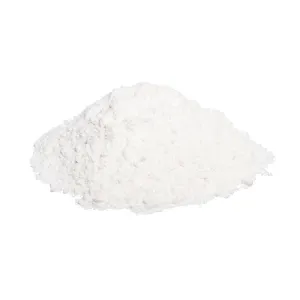 Semi-refined Kappa carrageenan Food Grade
Semi-refined Kappa carrageenan Food Grade -
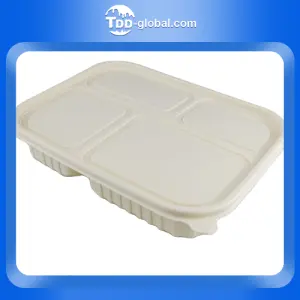 Promotion price fast food sandwich biodegradable burger packaging box 4 compartment cornstarch rectangle food container
Promotion price fast food sandwich biodegradable burger packaging box 4 compartment cornstarch rectangle food container -
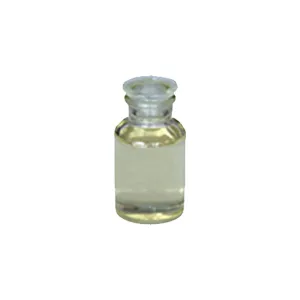 Waterborne epoxy curing agent
Waterborne epoxy curing agent -
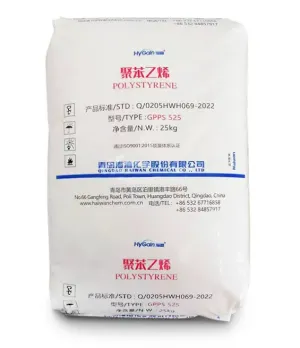 GPPS -525
GPPS -525 -
 Disposable Food Storage Container, Clear 5 Compartments Plastic Bento Lunch Box
Disposable Food Storage Container, Clear 5 Compartments Plastic Bento Lunch Box -
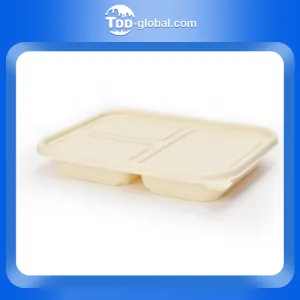 XH-3G-2 Cornstarch 3 compartment rectangle food container
XH-3G-2 Cornstarch 3 compartment rectangle food container
Q
who makes audi vehicles
I'm a seasoned industrial engineer with a keen interest in machine learning. Here to share insights on latest industry trends.
To clean carbon deposits in an engine, start with a fuel additive designed to clean fuel injectors, intake valves, and combustion chambers. These are poured directly into the fuel tank. For more significant deposits, consider using a carbon cleaning machine, which typically uses a hydrogen-based solution, directly applied through the air intake or vacuum line, effectively burning off deposits. Regular use of high-quality, top-tier gasoline can also prevent buildup. For stubborn carbon on piston heads or intake valves, manual cleaning may be necessary, often during a decarbonization service at a professional garage, where parts are disassembled for direct cleaning. Regular maintenance, including timely oil changes and using the correct type of fuel, is essential for preventing the accumulation of carbon deposits. Approaches vary in effectiveness and cost, so evaluate the severity of carbon buildup and choose accordingly.
You May Like
Zircon gemstone, not to be confused with cubic zirconia, is a beautiful and naturally occurring gemstone that comes in a variety of colors. Each color is thought to have its own specific properties and benefits. Traditionally, astrologers associate zircon with the planet Venus, making it particularly beneficial for those born under the signs of Taurus and Libra. However, its versatile energies are believed to be beneficial for anyone looking to enhance their physical, emotional, and spiritual well-being. Zircon is known for its grounding energy, bringing balance and spiritual insight, and its ability to amplify other energies, which makes it an excellent stone for anyone to wear, regardless of astrological sign. It is especially recommended for those seeking healing, love, and prosperity. Before choosing to wear zircon, or any gemstone, it’s suggested to consult with an astrologer or a gemologist to ensure its suitability with one's personal astrological chart.
There are also catalytic converters in diesel vehicles. which are also called diesel oxidation catalysts. As a result of different fuel ignition processes. their function and structure may differ from gasoline vehicles. They reduce harmful emissions like carbon monoxide. hydrocarbons. and particulates.
Don Robinson Mitsubishi is a car dealership located in Saint Cloud, Minnesota, that primarily sells Mitsubishis. At the dealership, buyers can find both new and used Mitsubishi vehicles. The range of vehicles offered include several models such as the Mitsubishi Outlander, Mitsubishi Eclipse Cross, Mitsubishi Outlander Sport, and the Mitsubishi Mirage, among others. The dealership also offers maintenance services, OEM parts, and financial options to its customers. Note that availability and models may vary over time, so the listing might not be exactly the same at the time of your visit.
Super Cruise is a driver assistance system developed by General Motors (GM) that offers hands-free driving. Vehicles that currently have Super Cruise system include:
1. 2021 Cadillac CT4
2. 2021 Cadillac CT5
3. 2021 Cadillac Escalade
4. 2022 Chevrolet Bolt EUV
5. 2022 GMC Hummer EV
6. 2023 Cadillac Lyriq
These are vehicles that have been announced as of late 2021. Future models and updates may include additional vehicles.
1. 2021 Cadillac CT4
2. 2021 Cadillac CT5
3. 2021 Cadillac Escalade
4. 2022 Chevrolet Bolt EUV
5. 2022 GMC Hummer EV
6. 2023 Cadillac Lyriq
These are vehicles that have been announced as of late 2021. Future models and updates may include additional vehicles.
You May Like
Q&A
- •zircon what is studfind.and.deep find
- •products with titanium dioxide and zinc oxide
- •how to make pvc bow and arrow
- •titanium dioxide safe for pregnancy
- •do all fruits have fiber
Popular Information








